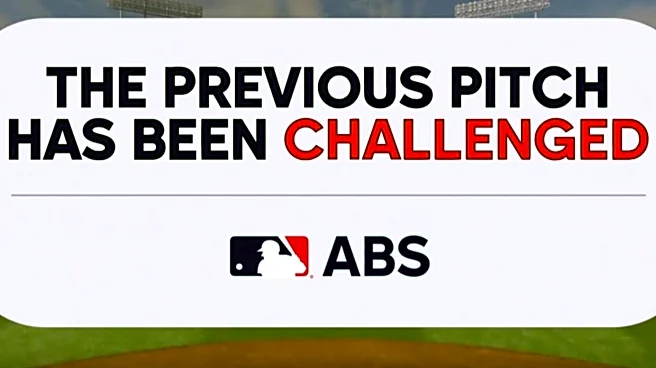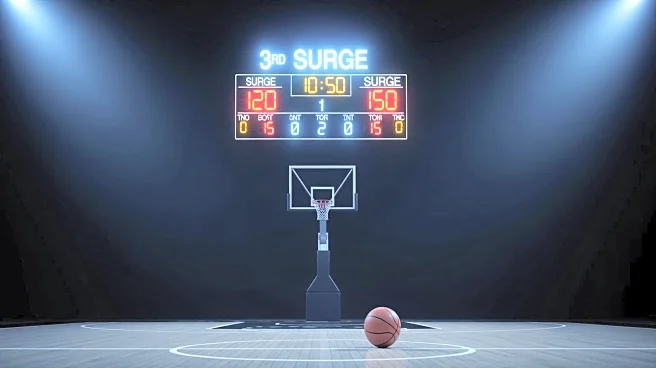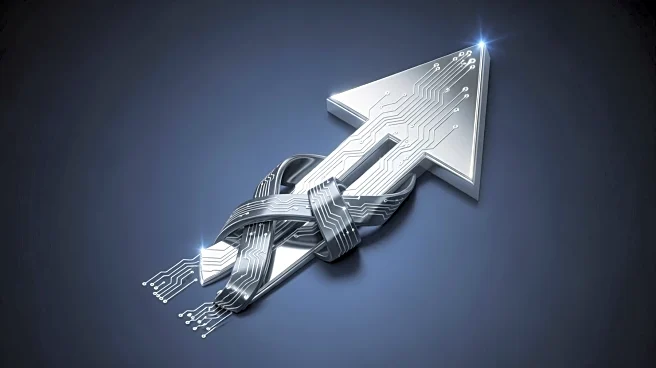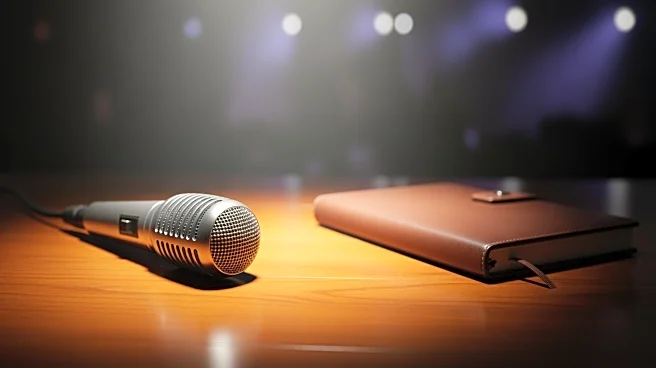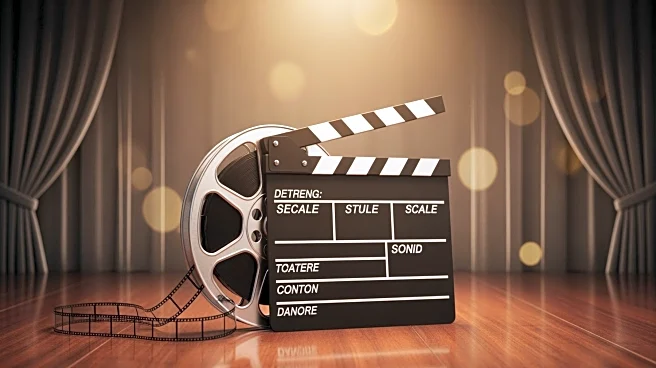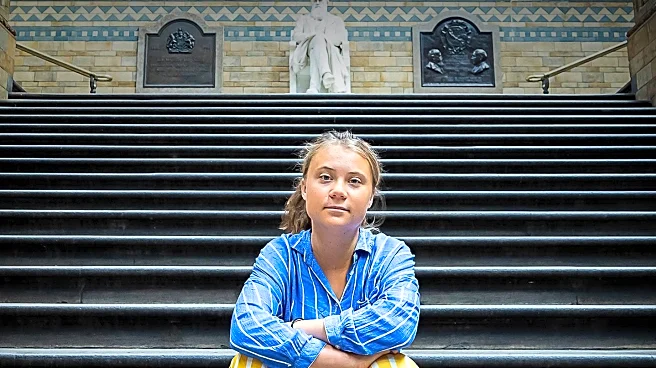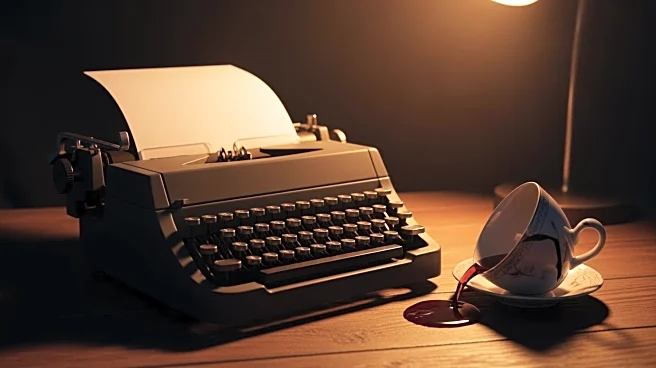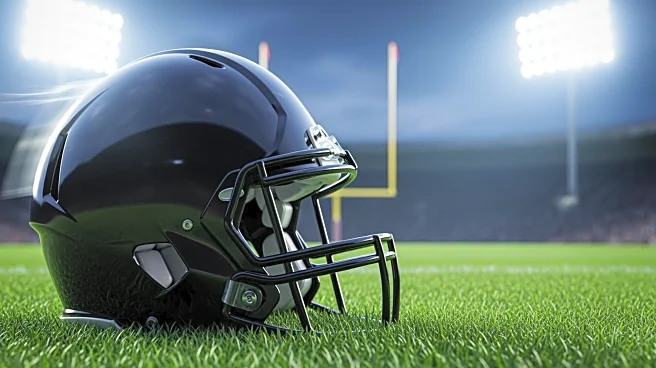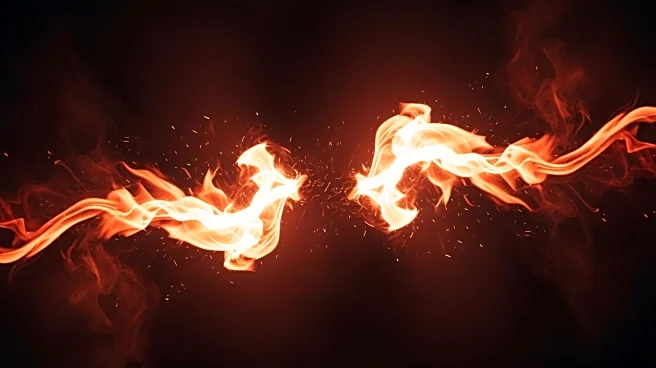MESA, Arizona — I attended the Mesa Solar Sox game Sunday at Sloan Park. Like most AFL games, many attendees were family members of friends of the players and scouts.
There were a few of us there who were just plain ol’ baseball fans wanting to get more of the sport after the World Series ended.
I paid particular attention to the ABS challenge system, which is being used in all AFL games and which will be instituted in MLB games next year
.MLB games will be limited to two challenges per team, at least
as the system begins next spring. If you are correct in your challenge, however, you keep it. So if players are correct in challenging pitches, there’s theoretically no limit as to the number of ball-and-strike challenges per game.
One thing some worry about is whether this would slow down games. I am here to tell you that, at least in Sunday’s game, this was not the case.
To review how the system works: The challenge must be issued immediately after the pitch by either the pitcher, catcher or hitter. There’s no help allowed from the dugout, teams can’t look at video, it’s done right away. The signal to challenge is by the player touching his cap or helmet.
In Sunday’s game, there were six challenges. Four of them resulted in the umpire’s call being upheld and two were overturned. In the AFL they’re not limiting the number of challenges because they want to have more data for the system.
Here’s one of the challenges in Sunday’s game, and I show this one to you in particular because if the call had been upheld, the game would have been over. Situation: Mesa has a 6-5 lead in the ninth, there are two out and runners on first and second. The count is 1-2 on the hitter.
Unfortunately, the video doesn’t show the scoreboard, which shows the actual location of the pitch. But the clip clearly shows that the call of strike three that would have ended the game was changed to ball two and the game continued. The hitter grounded out on the next pitch to actually end the game.
From the time the player taps his helmet to the time the original strike call is overturned is about 15 seconds. If you aren’t paying close attention you might even miss it.
So I wouldn’t worry about these things delaying the game — as noted, there were six of them in this game and if all of them took about 15 seconds, that would add about a minute and a half to the length of the game. That’s a very small price to pay for getting these calls correct.
I would imagine this will be used in Spring Training in 2026, with possibly no limit on challenges so players can get used to testing out the system and more data can be collected.
Then it’ll be in full use on Opening Day. I couldn’t be happier about this. Finally, finally players will have a recourse for egregiously bad ball-and-strike calls.
